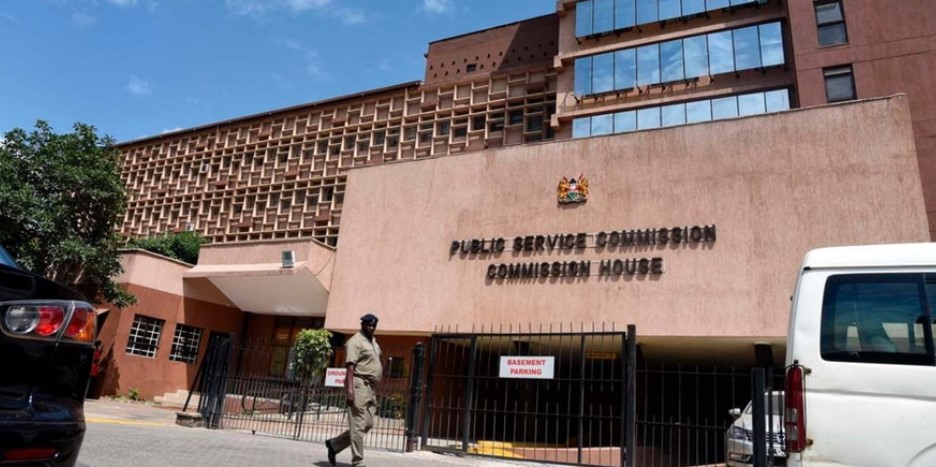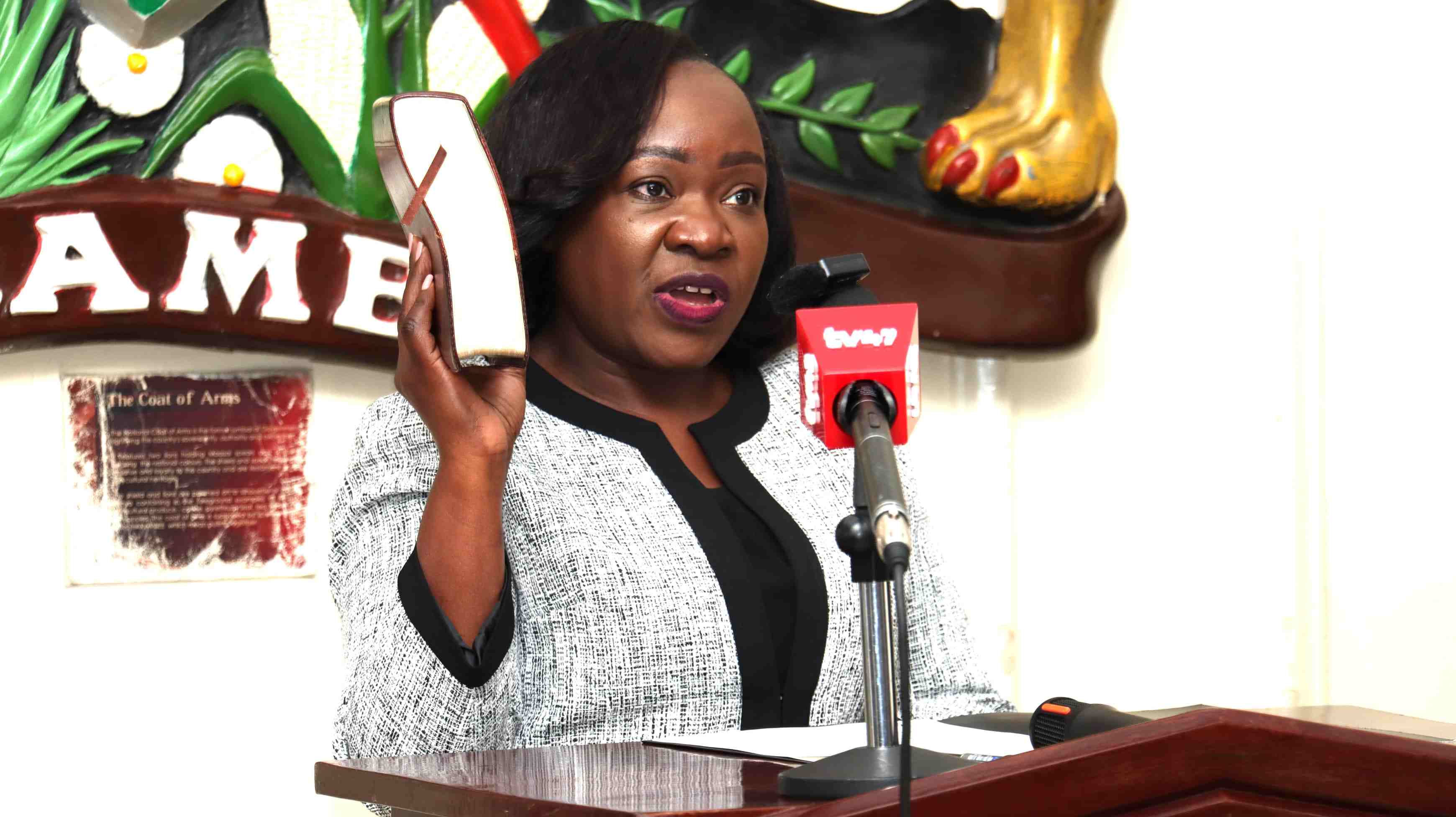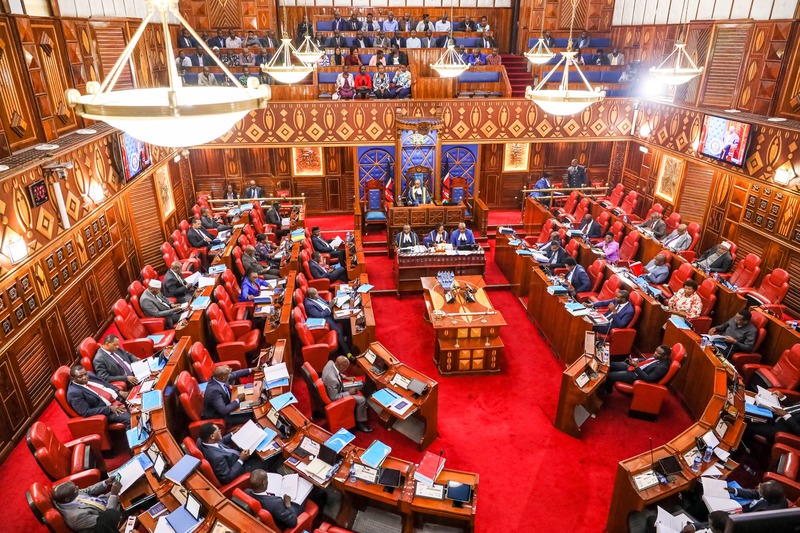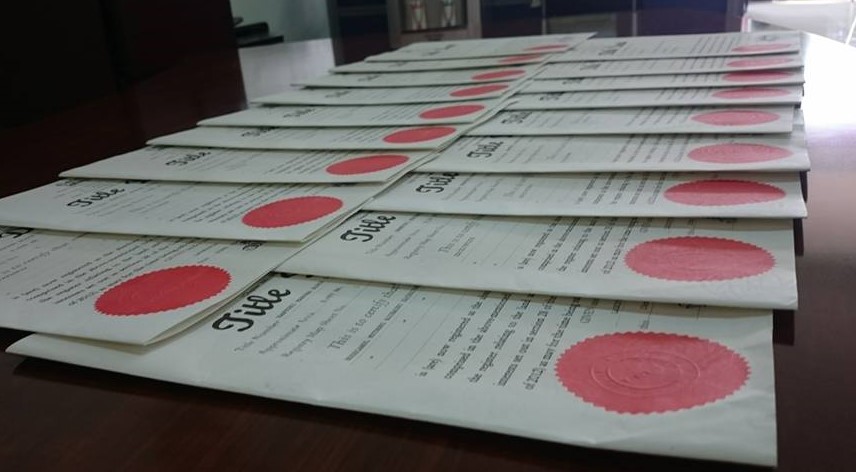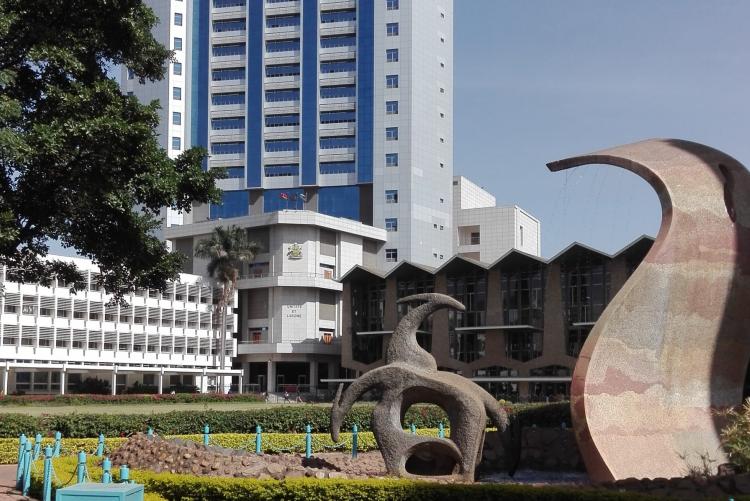Delayed release of capitation funds continues to put schools in financial distress
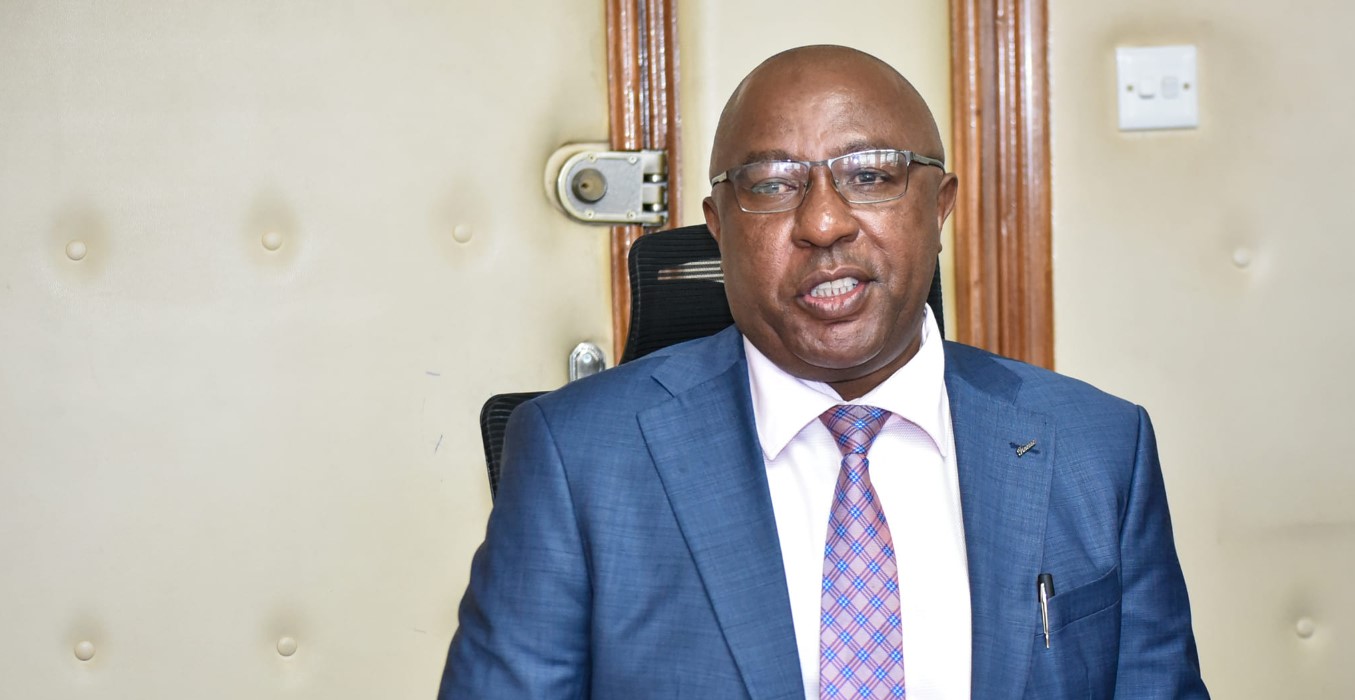
Just two weeks into the first term, schools across the country are grappling with severe financial constraints, with headteachers urging the government to expedite the release of delayed capitation funds.
The constraints have greatly impacted the institutions even after the government pledged to disburse Sh48 billion to support schools in the ongoing academic year.
More To Read
- New funding formula aims to guarantee timely release of school capitation
- MPs urge Education Ministry to recall students sent home over delayed capitation payments
- Schools warn national exams integrity at risk as delayed funds disrupt preparations
- Capitation crisis: Schools face financial paralysis weeks before start of national exams
- Inside Ruto’s bag of goodies aimed at appeasing frustrated Kenyan teachers
- Schools enter third week without capitation as 98 per cent submit enrolment data
The Kenya Secondary Schools Heads Association (KESSHA) has called on the National Treasury and the Ministry of Education to clear Sh64 billion in capitation arrears accumulated over the past four years, even as the government has yet to disburse term one capitation funds.
“The government must release the Sh64 billion backlog to help schools settle debts. We are struggling to [pay] utility bills like water and electricity,” KESSHA National Chairman Willy Kuria said.
Kuria, who is the principal of Murang’a High School, revealed that schools faced a deficit of Sh7,000 per learner at the close of last year. He added that most schools owe suppliers between Sh20 million and Sh70 million, with some principals enduring the embarrassment of suppliers demanding payment at their offices.
The appeal comes as Treasury Cabinet Secretary John Mbadi assured schools that term one capitation funds would be released within the week. Speaking in Kakamega County, Mbadi attributed the delay to the government’s debt servicing obligations.
“Schools, don't panic; teachers, don't panic; school managers, don't panic. Next week Treasury will release Sh48.8 Billion which is 50 per cent of this year's budget to fund our education system,” he said.
The funds will cover free primary education, free day junior school education, and free day secondary school education. Term two will see schools receive 30 per cent of the capitation, with the remaining 20 per cent disbursed in term three.
County bursaries
The financial strain in schools has also been exacerbated by a directive from the Controller of Budget (CoB) Margaret Nyakang’o barring counties from awarding bursaries to students. The CoB ruled that only early childhood development education falls under the jurisdiction of counties.
The decision has sparked criticism from governors and left thousands of students in limbo.
On Sunday, Nairobi Governor Johnson Sakaja condemned the move, warning it would affect over 124,000 students in Nairobi, many of whom rely on bursaries for their education.
“This directive will negatively impact learners, especially those in informal settlements. The welfare of students should have been considered before issuing such a directive,” Sakaja said during a service at the Church of Christ in Africa.
He defended county bursary programmes, arguing that they complement the national government’s role in supporting education.
“Until free education is fully realised at all levels, bursaries are essential,” he said.
Sakaja emphasised that providing support for education is not an overstep of county government responsibilities but a necessary measure to assist disadvantaged students.
"While we recognise the national government’s role, counties also have a responsibility to address the needs of our people. Until free education is fully achieved at all levels, bursaries remain vital," he said.
His sentiments were echoed by other local leaders, including Members of Parliament and county assembly members who attended the service.
Makadara MP George Aladwa expressed frustration over the increasing demand from parents seeking financial aid.
"Bursaries are a lifeline in our communities. Starting tomorrow, parents will be crowding our offices for assistance. What are we supposed to tell them?" Aladwa asked.
The government has, however, maintained that it has prioritised payment of capitation money to fund primary, junior secondary and secondary schools before anything else.
"We believe that the education system is critical and important as a social function," Mbadi said.
Top Stories Today
